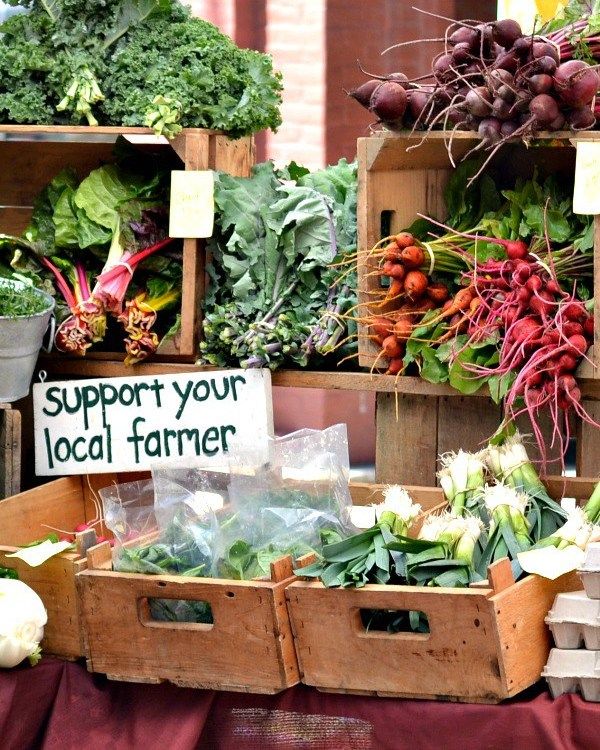Four Ways of Helping Local Family Small Farms
go.ncsu.edu/readext?705709
en Español / em Português
El inglés es el idioma de control de esta página. En la medida en que haya algún conflicto entre la traducción al inglés y la traducción, el inglés prevalece.
Al hacer clic en el enlace de traducción se activa un servicio de traducción gratuito para convertir la página al español. Al igual que con cualquier traducción por Internet, la conversión no es sensible al contexto y puede que no traduzca el texto en su significado original. NC State Extension no garantiza la exactitud del texto traducido. Por favor, tenga en cuenta que algunas aplicaciones y/o servicios pueden no funcionar como se espera cuando se traducen.
Português
Inglês é o idioma de controle desta página. Na medida que haja algum conflito entre o texto original em Inglês e a tradução, o Inglês prevalece.
Ao clicar no link de tradução, um serviço gratuito de tradução será ativado para converter a página para o Português. Como em qualquer tradução pela internet, a conversão não é sensivel ao contexto e pode não ocorrer a tradução para o significado orginal. O serviço de Extensão da Carolina do Norte (NC State Extension) não garante a exatidão do texto traduzido. Por favor, observe que algumas funções ou serviços podem não funcionar como esperado após a tradução.
English
English is the controlling language of this page. To the extent there is any conflict between the English text and the translation, English controls.
Clicking on the translation link activates a free translation service to convert the page to Spanish. As with any Internet translation, the conversion is not context-sensitive and may not translate the text to its original meaning. NC State Extension does not guarantee the accuracy of the translated text. Please note that some applications and/or services may not function as expected when translated.
Collapse ▲ There are solid environmental and economic reasons for supporting local food and small family farms. They have a vested interest in the community and the environmental health of their family and neighbors, not to mention the fact that they put their income back into the local economy. In a world of globalization, it makes sense to focus our attention and buying power on the farmers in or near our own communities.
There are solid environmental and economic reasons for supporting local food and small family farms. They have a vested interest in the community and the environmental health of their family and neighbors, not to mention the fact that they put their income back into the local economy. In a world of globalization, it makes sense to focus our attention and buying power on the farmers in or near our own communities.
1 – Shop at your local farmer’s market and CSA and eat seasonal food
Eating seasonal food goes hand in hand with shopping at CSAs and farmers markets. There are all sorts of resources for seasonal recipes. Sustainable. If you want to go one step further, preserve a favorite local food for the winter.
2 – Volunteers at the farmers market
Most farmer’s markets have volunteer positions available. Volunteers are integral to helping farmer’s markets operate smoothly, from answering questions at information booths to unloading farm trucks. The next time you make a trip to the farmer’s market ask about volunteer opportunities.
3 – Get to know your local farmer and thank them and support them
The more respect farming gets as a profession; the younger people will be drawn to the field. According to the USDA, the average age of farmers in America was 57.5 in 2017, which doesn’t bode well for the future of local farming unless young people start picking up the torch.
4 – Help establish a relationship between the farmer and the local school or your workplace
Submitted By: Anass Banna




